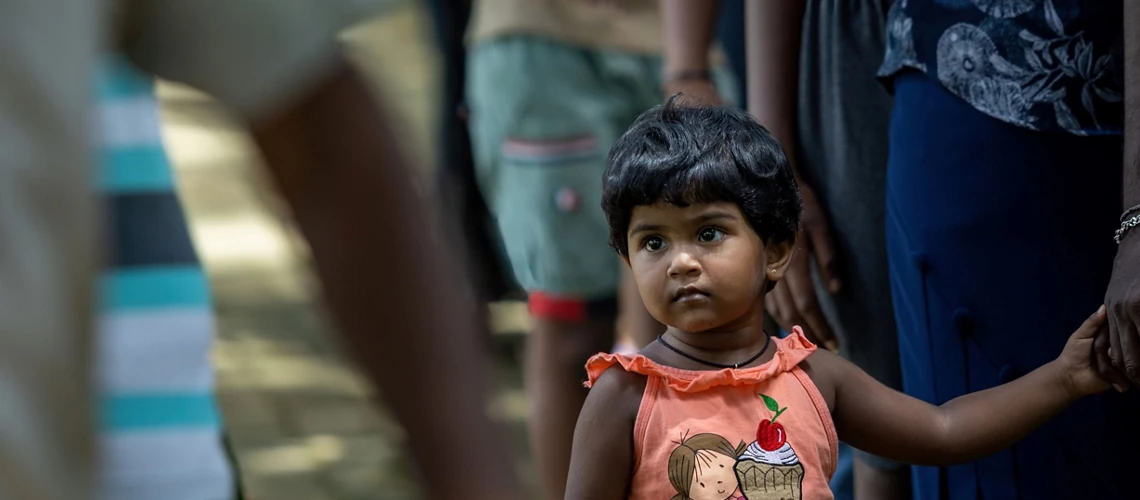In recent years, South Asia has been beset with an unprecedented combination of negative shocks. In Sri Lanka, an economic crisis on the heels of COVID-19 pushed approximately 3 million people into poverty. In Pakistan, the devastating 2022 floods – a direct result of the country’s vulnerability to climate change – left between 8.4 million and 9.1 million more people in poverty. These impacts have been further amplified by the global fuel and food crises in the wake of Russia’s invasion of Ukraine. And they hit hard those who are already the most vulnerable –women, youth and children.
These challenges are compounded by the need to create jobs for South Asia’s rapidly growing working age population, at a time when new technologies impact the world of work perhaps like never before. Indeed, in the past two decades, the region created 300 million fewer jobs than new entrants into the labor force. Rising geopolitical risks and the fragmentation of global trade could make the task to provide decent livelihoods to all South Asians even more difficult.
Yet, South Asia is also a region of vast opportunities. Its young population could be a source of dynamism at a time when aging societies may struggle to keep up with the pace of global change. And the region has shown a knack for competing in digital services exports, which represent a growing share of the world’s trade.
Adaptive social protection systems are a key element of development strategies that aim to capitalize on the opportunities brought about by accelerating technological changes whilst protecting the poor and vulnerable from the growing variety, frequency and intensity of negative shocks. Properly designed they can encourage citizens to take risk and help societies adjust smoothly to structural shifts. This way, they can foment political support for development paths that harness market competition to boost productivity and yet leave no one behind.
Our new report Rethinking Social Protection in South Asia: Toward Progressive Universalism takes stock of the region’s delivery of social protection over the past decades. The report acknowledges progress but argues that this is insufficient to confront the challenges of today and tomorrow. Too many public resources are spent on poorly targeted social benefits like energy subsidies or generous public sector pensions, leaving too little for basic social assistance. Coverage rates are low, benefits limited, and the capacity to address emerging needs of training, reskilling or old age care remains largely underdeveloped.
To remedy this situation, we propose a move towards progressive universalism as the guiding principle of adaptive social protection systems in South Asia. Progressive, because the region’s fiscal constraints demand clear trade-offs to be made in favor of those groups – like women and children – who have traditionally been left behind and are thus most vulnerable to remaining trapped in poverty. Universalism, because the ultimate objective should be to provide a package of needs-based social services that span an entire lifetime from childhood, to working life to old age.
To inform the achievement of progressive universalism, we put forward a 4-pillar framework with a set of recommendations that are fiscally sensitive, and which seek to promote equity, build resilience and increase opportunity for all, while strengthening social protection systems and financing. We provide a menu of options to engage in progressive universalism, whose path will depend on a country’s “starting point” and specific needs and priorities.
This vision for social protection in South Asia places people, especially those who are poor and vulnerable, at the center of countries’ development process. By doing so, governments across the region can capitalize on what could be one of South Asia’s most important economic asset: its young, entrepreneurial and increasingly better educated population.
source: worldbank blogs



